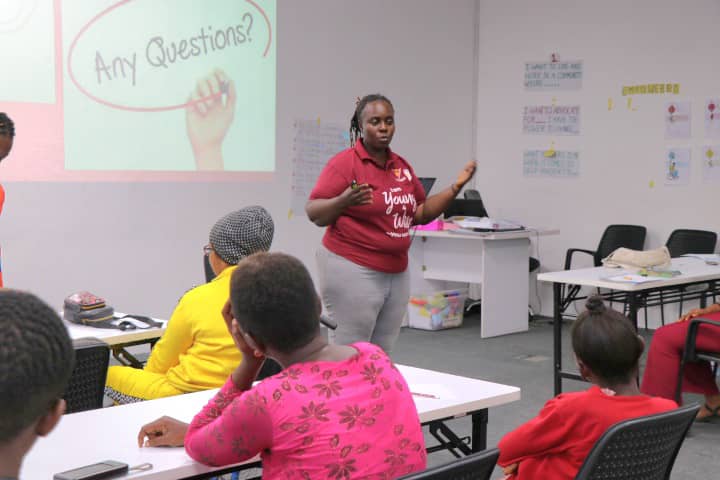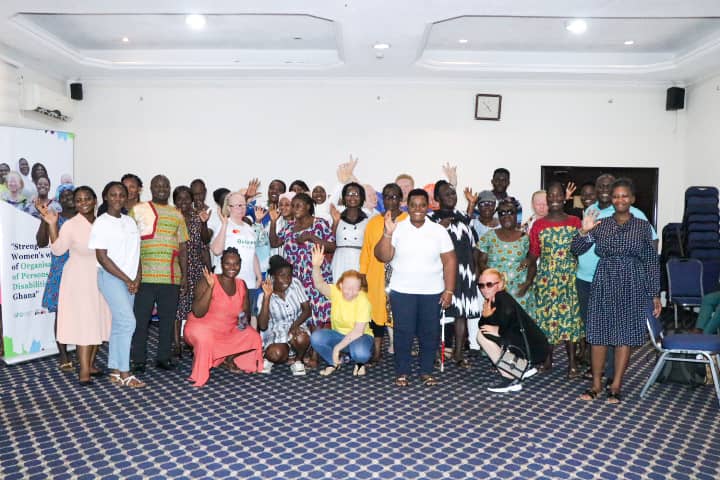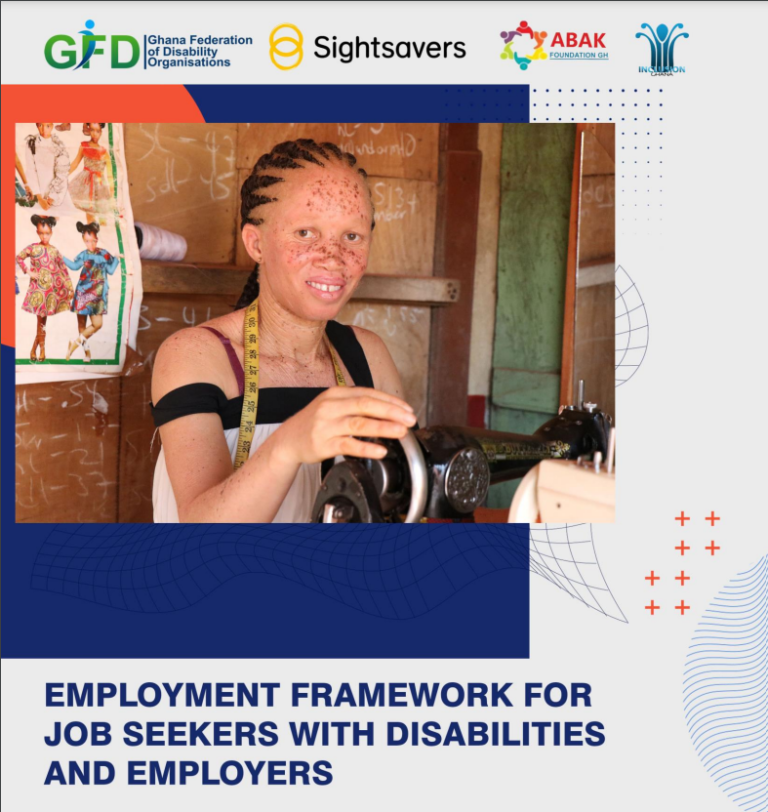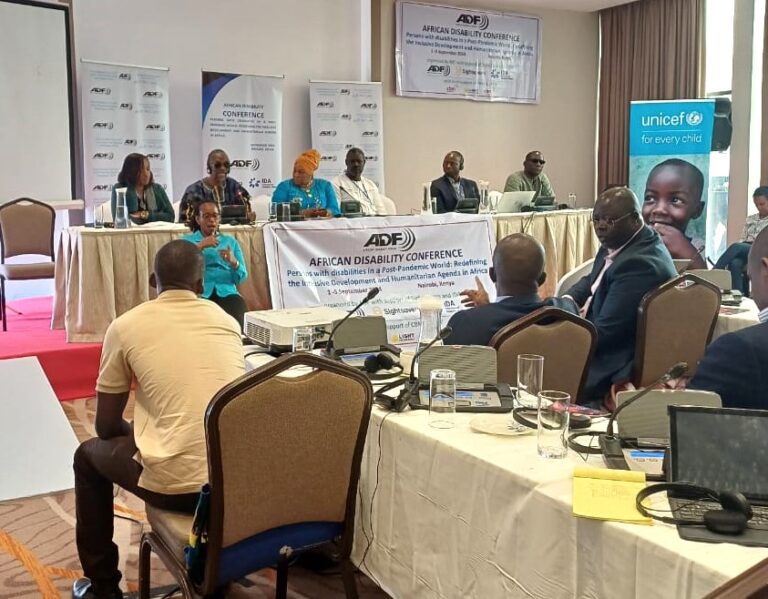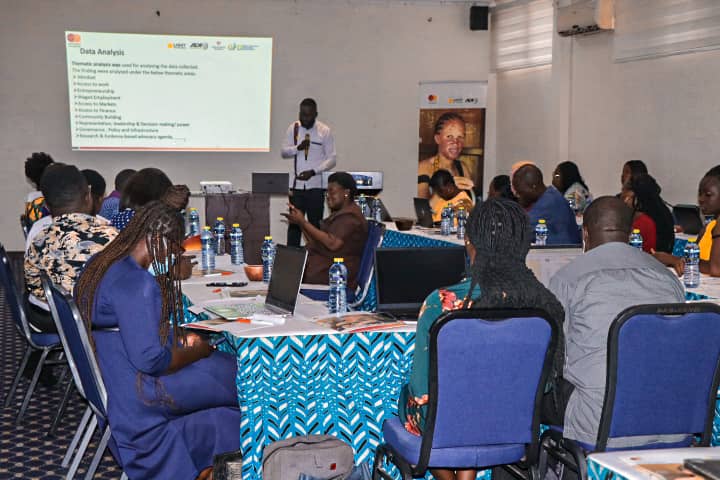GFD’s We can Work program participants Empowered Through Sexual and Reproductive Health Training
On July 18, 2024, participants of the We Can Work Academy took part in a training session on Sexual and Reproductive Health and Rights (SRHR) at the Ghana Innovation Hub in Accra. The session was facilitated by Madam Antoinette Da-Rocha, Programme Coordinator of the Planned Parenthood Association of Ghana (PPAG).
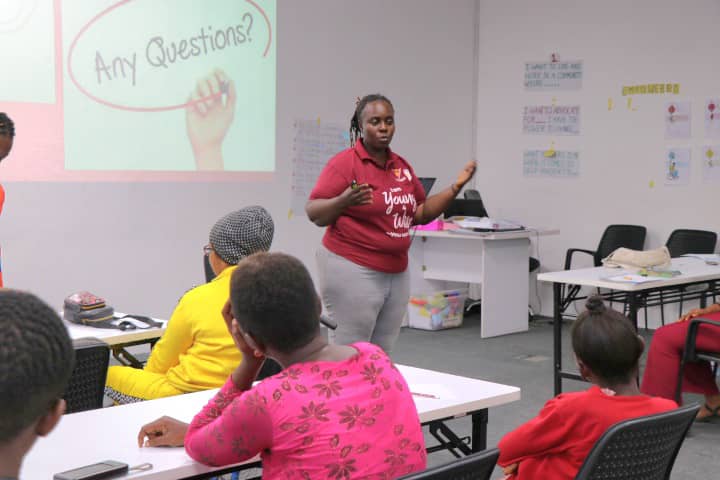
The training was part of the We Can Work program, which is being implemented in Ghana by the Ghana Federation of Disability Organisations (GFD) in partnership with Light for the World and the Mastercard Foundation. The program targets youth with disabilities aged 19 to 34.
During the session, participants expressed significant curiosity and excitement about the topics covered, which included safeguarding, adolescent sexual and reproductive health and rights, family planning and contraception, and the link between HIV and sexual and reproductive health.
Some participants shared their regrets regarding past sexual decisions made from ignorance. They expressed gratitude to GFD and the We Can Work program for the opportunity to learn about their sexual and reproductive health and rights.
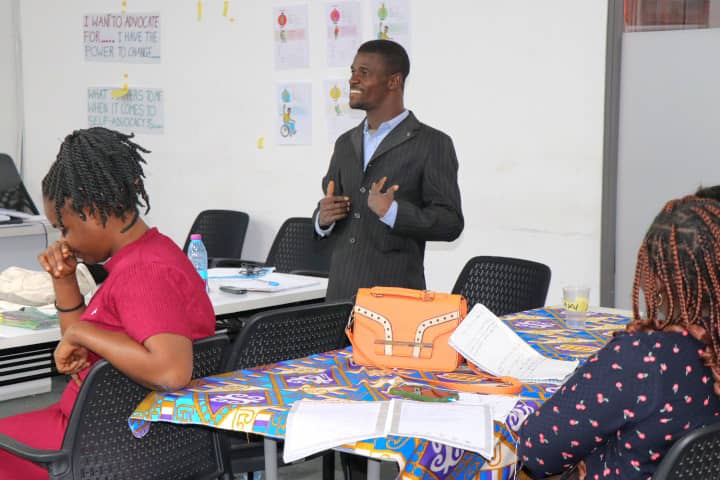
One female participant, a single mother, recounted her experience of using contraceptives incorrectly, which led to an unintended pregnancy. She explained that she had been misinformed by a friend about the use of emergency birth control pills, believing she could take them five days after intercourse. She thanked the facilitator for enhancing her understanding of her sexual and reproductive health.
The SRHR session is part of the We Can Work Academy’s Core Life Skills (CLS) curriculum, aimed at equipping participants with knowledge about their sexual health and rights to make informed decisions regarding their sexual and reproductive choices.
The training highlights the importance of providing comprehensive sexual and reproductive health education to youth with disabilities, as they often face additional challenges and barriers in accessing information and services. By empowering these young people with knowledge and skills, the We Can Work program aims to promote their sexual and reproductive health rights and support their overall well-being and inclusion in society.

